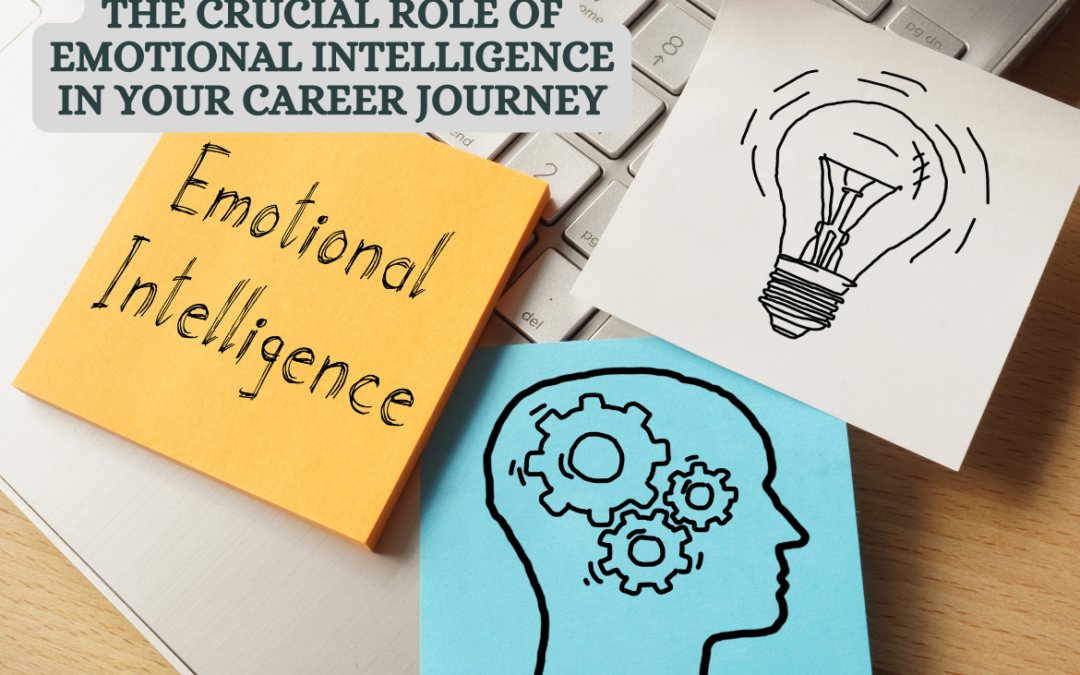Having technical skills and qualifications is extremely important for achieving success in your career.EI is a powerful tool for business success. It helps to develop productive communication with customers and suppliers and build mutually beneficial relations.
Understanding Emotional Intelligence:
Emotional intelligence includes skills for self-awareness, self-regulation, empathy, and social competence. Emotional intelligence (EI) involves understanding one’s own and others’ emotions, unlike technical skills that can be acquired and assessed.
Self-Awareness:
Self-awareness is the cornerstone of Emotional Intelligence. High EI individuals understand their own emotions, strengths, and weaknesses. With this self-awareness, they can take on challenges calmly and be smart enough to make the right decisions at the same time.
Self-Regulation:
Good self-control and the capability to redirect uncontrollable impulses are characteristic features of emotionally intelligent people. It is an important trait that one needs to possess to stay calm during pressure periods, deal with stressful situations, and make rational decisions in times of emotionally loaded circumstances. It is a significant part of ensuring a positive professional reputation.
Empathy:
Empathy is the ability to view a situation from someone else’s perspective. which is an essential ingredient for a good leader and teamwork. People with high EI will see what others need, including their coworkers, customers, and the teams they work with, and therefore can create an atmosphere of cooperation.
Social Skills:
There are several aspects of career success, of which maintaining and building positive relations is one of them. Social skills are also a part of EI that allows for good communication, conflict resolution and teamwork. High social intelligence enables people to be effective networkers and negotiators, as well as influence others in a positive manner.
Motivation:
Success is driven by motivation. Passionate and committed people who want to grow their personal and professional lives are often emotionally intelligent. This inner motivation gives them the ability to face challenges and pursue excellence constantly.
The Impact on Leadership:
Emotional intelligence is especially important for effective leadership. Leaders with high EI build trust, resolve conflicts tactfully, and create a healthy organisational culture. Empathy and effectiveness in communication enhance teamwork performance and success.
Career Advancement and Adaptability:
In the light of changing workplaces, adaptability becomes a valuable commodity. Emotionally intelligent people are likely to be open to new things and learn from experiences to alter their strategy as necessary. They are, therefore, seen as vital assets in a dynamic and competitive workplace.
Conclusion:
Technical skills alone are insufficient to succeed in today’s fast-paced workplace. As such, emotional intelligence has become a crucial factor that drives individuals towards their career goals. Remember, when you are embarking on your career journey, emotional intelligence will go a long way in opening doors of opportunity, cultivating valuable relationships, and realising satisfaction professionally. Work on your Emotional Intelligence and see it as a compass taking you towards a prosperous and fulfilling career.

